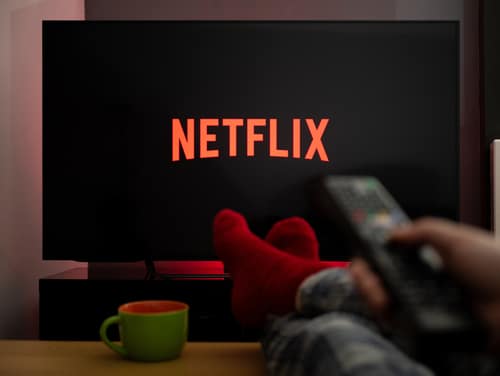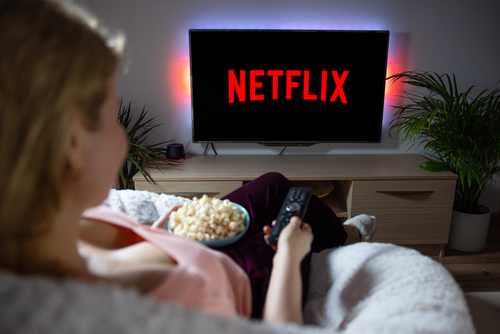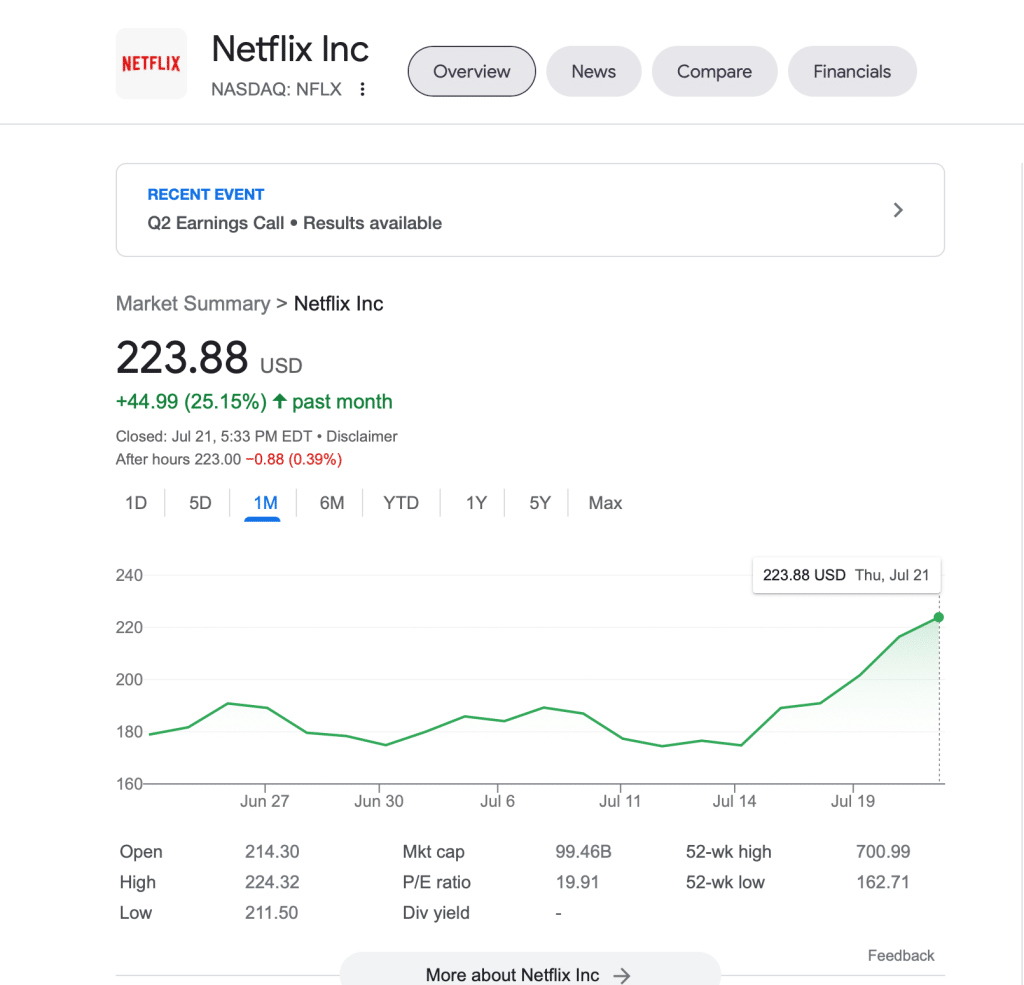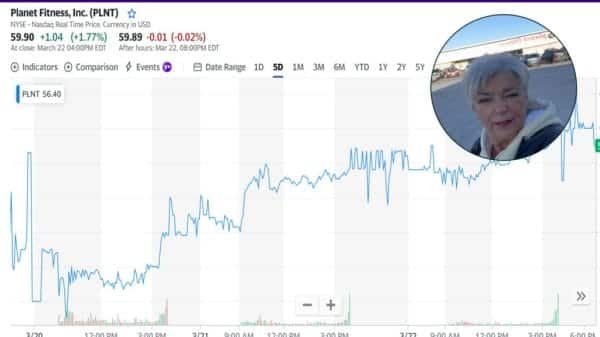On July 18, Netflix announced it will be adding an extra homes fee in Argentina, Dominican Republic, El Salvador, Guatemala, and Honduras. The monthly fee – $1.70/month in Argentina and $2.99/month in the other countries – will be offered for accounts that stream shows from multiple addresses.
You stream Atlanta through your second cousin’s Hulu and stay up to date on Westworld through your coworker’s HBO Max subscription; You watch YouTube TV through your wealthy grandparents’ account – because, my god, it’s expensive – and binge Avatar: The Last Airbender by secretly mooching your ex’s Netflix (they still don’t know). This is the story of the average person’s relationship with streaming services: You know someone who pays for a subscription, so you ask to use it, offering compensation in the form of a streaming service you pay for or monthly deliveries of Pad Thai. In an Instagram poll, 92% of users answered they “borrow an account for at least 1 streaming service.” We all do it.
How Exactly Will The Extra Homes Fee Work?
With Netflix’s introduction of the extra homes fee, the future of account sharing on its platform may be in serious jeopardy. Netflix will introduce the extra homes fee to 5 Latin American countries next month as part of a pilot program testing whether the fee will increase subscriptions and revenue for the streaming giant. Netflix has been vocal about introducing the fee elsewhere if the pilot program proves successful, meaning it could impact most Netflix users in the near future.
Starting August 22, Netflix states that any account streaming from multiple physical locations will be, politely, asked if they “want to add a home for an additional fee per month.” Netflix “will not automatically add a home and charge the extra fee,” they add. Instead, those using the account outside the main address will have Netflix blocked after a 2-week grace period unless the account adds an extra home.
How exactly will Netflix do this, you might ask? The company states it “will use information such as IP addresses, device ID’s, and account activity,” to detect the main address associated with the account and bar those using it elsewhere. This process helps explain how Netflix already knows of the 100-million households that borrow accounts worldwide, according to Heather Kelly of The Washington Post. And don’t even bother trying that VPN, as Netflix insinuates on its site that the use of a VPN or any other “unblocker service” will classify the home as an extra home, blocking service.
Netflix’s Response to its Slowing Growth?
In a letter to shareholders earlier this year, Netflix attributed its decline – losing 200,000 subscribers in the first quarter of 2022 and nearly 1 million in the second quarter – partially to account sharing.
“Account sharing as a percentage of our paying membership hasn’t changed much over the years, but, coupled with [the slowing pace of broadband and connected TV adoption] means it’s harder to grow membership in many markets — an issue that was obscured by our COVID growth,” Netflix said in the letter to shareholders.
Do shared accounts really imply lost sales for Netflix? And is charging for extra homes the correct solution for recouping subscribers and revenue? Or will it just send more users running to other streaming services, where they can still borrow from their friends? It’s hard to predict how users who have never paid for a Netflix account will react to having their service shut off. But based on consumer preferences, if they weren’t willing to pay for it to begin with, they likely still won’t be willing to.
Maybe, Netflix shouldn’t be too brash in implementing new policies as a way to recoup subscribers and revenue. The streaming giant is already rebounding from its 2-quarter decline, and over the past month, its stock price has increased 25.15%, listing at $223.88 on July 21.
But not all hope is lost for the future of Netflix account sharing. As of now, mobile devices, such as laptops and smartphones, will not be counted as extra homes in the countries the fee is being implemented in. So grab that laptop or start that AirPlay and stream away!

















